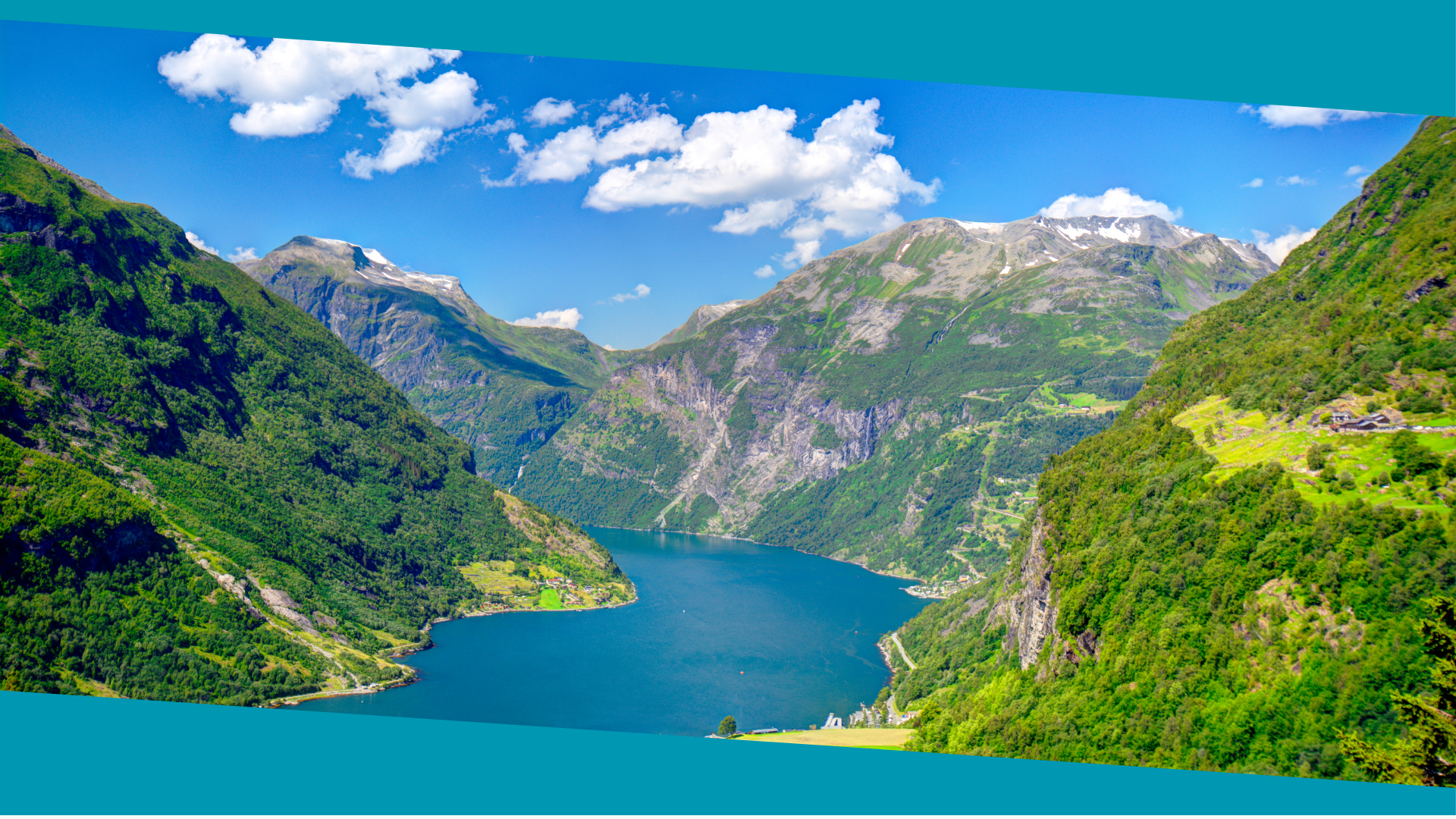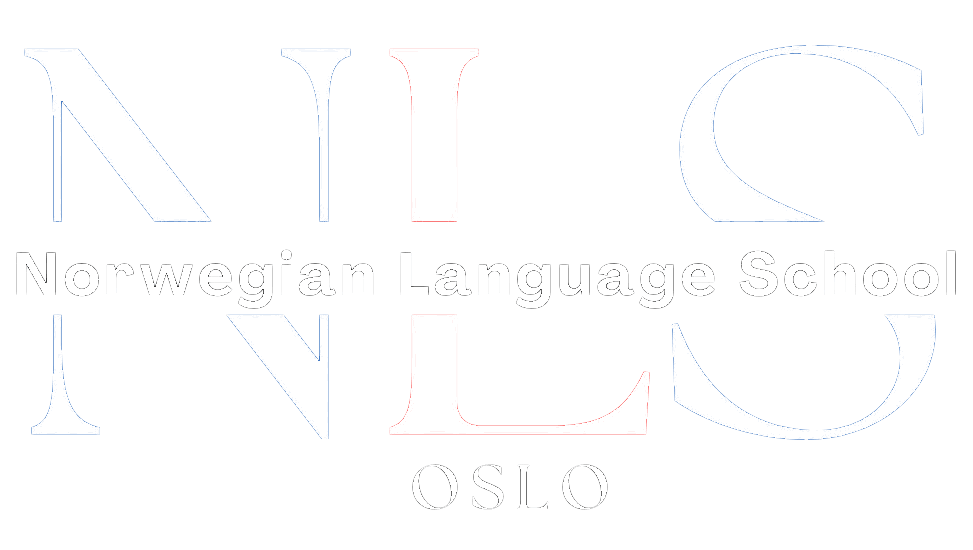Have you ever wondered about the stories hidden within Norwegian surnames? From common last names in Norway to unique family names and traditional surnames, each carries a rich history and cultural significance. Join us on a journey to explore the origins, meanings, and connections behind Norwegian surnames.
Table of Contents
ToggleKey Takeaways:
- Discover the origins and meanings of last names in Norway.
- Explore the common and unique family names in Norway.
- Learn about popular Norwegian last names and their prevalence.
- Uncover the traditional surnames of Norway and the historical context surrounding them.
- Find out how to trace your family heritage through Norwegian surnames.
Origins of Norwegian Last Names
The origins of Norwegian last names can be traced back through centuries of history, providing valuable insights into the cultural heritage of the country. These surnames have evolved over time, influenced by various factors such as Norse mythology, geographical features, and occupational titles.
One significant influence on Norwegian last names is Norse mythology, which played a crucial role in shaping the cultural identity of the country. Many surnames in Norway are derived from Norse gods, legends, and symbols, reflecting the deep-rooted belief systems of the early inhabitants.
“Thorson” is a common Norwegian surname that originated from the name “Thor,” the Norse god associated with thunder and strength.
The landscape of Norway also had a profound impact on the formation of last names. Geographical features such as mountains, fjords, and rivers often found their way into surnames, acting as a link between individuals and their ancestral lands.
“Berg” is a frequently encountered Norwegian last name, which translates to “mountain” in English, representing the prevalence of mountainous terrains in the country.
Occupational titles were another influential factor in the development of Norwegian surnames. In earlier times, many individuals were identified by their occupation, leading to surnames that indicated their specific trade or profession.
The surname “Bakkerud” reflects the occupation of a “bakker” or baker, highlighting the involvement of an ancestor in the baking industry.
Understanding the meanings behind Norwegian surnames provides a deeper connection to the country’s rich history and cultural heritage. Exploring the origins of these names allows us to appreciate the diverse influences that have shaped Norwegian identities.
Examples of Norwegian Surnames and Their Meanings
| Last Name | Meaning |
|---|---|
| Johansen | Son of Johan |
| Larsen | Son of Lars |
| Andersen | Son of Anders |
| Gundersen | Son of Gunder |
| Olsen | Son of Ole |
Common Last Names in Norway
When it comes to last names in Norway, there are several common surnames that you are likely to come across. These popular Norwegian last names reflect the country’s rich cultural heritage and hold great significance in Norwegian society.
One of the top Norwegian family names is Hansen, which is derived from the given name Hans and signifies “son of Hans.” This last name is widely spread throughout Norway and is associated with a long history of the name Hans in Norwegian families.
Another common last name in Norway is Johansen, which means “son of Johan” or “son of John.” This surname has roots in biblical names and remains a popular choice among Norwegian families.
The surname Olsen, meaning “son of Ole,” is also widely prevalent in Norway. Ole is a popular given name in the country, and as a result, Olsen has become one of the most common last names in Norway.
Other frequently encountered Norwegian surnames include Larsen, Pedersen, and Nilsen. These names originate from the given names Lars, Per, and Nils, respectively, and highlight the prevalence of these names in Norwegian history.
“Norwegian surnames, such as Hansen and Johansen, have deep roots in the country’s culture and history. They reflect the importance of family lineage and provide a sense of identity and belonging in Norwegian society.”
Understanding the common last names in Norway offers valuable insights into the country’s social fabric and historical connections. It allows individuals to trace their own family heritage and explore the shared cultural experiences associated with these popular Norwegian surnames.
Unique Family Names in Norway
When it comes to family names in Norway, there is truly a treasure trove of unique and distinct surnames that are lesser-known to the world. These names carry with them special stories and fascinating origins, adding to the rich tapestry of Norwegian culture and heritage.
“Norwegian last names hold a charm of their own, each one a thread in the intricate fabric of our history.”
Exploring the unique family names in Norway opens up a world of discovery for genealogists and history enthusiasts. From the rugged landscapes to the folklore and mythology of this Nordic nation, these names carry subtle hints of the past. The surnames are a testament to the resilience, ingenuity, and creativity of the Norwegian people.
Distinct Norwegian Family Names
One example of a unique Norwegian family name is “Haugen,” which means “hill” or “mound” in Norwegian. This surname reflects the country’s breathtaking landscape, where rolling hills abound. Another fascinating name is “Solberg,” which translates to “sun mountain” and symbolizes the connection between the natural elements and Norwegian identity.
Table: Unique Family Names in Norway
| Surname | Meaning | Origin |
|---|---|---|
| Berglund | Mountain grove | Swedish and Norwegian origin |
| Kristoffersen | Son of Kristoffer | Patronymic |
| Nordstrøm | North stream | Geographical |
| Gundersen | Son of Gunder | Patronymic |
These are just a few examples that shed light on the distinctive nature of Norwegian surnames. Each name carries its own history, significance, and charm. Exploring these unique family names offers a glimpse into the diverse cultural tapestry that defines Norway.
As you delve into the world of Norwegian last names, you’ll uncover hidden gems and untold stories that showcase the depth and diversity of this remarkable nation.
Traditional Surnames of Norway
Immerse yourself in the rich tapestry of traditional surnames that have shaped Norwegian culture for generations. These last names are more than just labels; they hold stories, heritage, and a sense of belonging. Through their historical context and enduring significance, these traditional Norwegian surnames offer a window into the past and illuminate the connections between generations.
The traditional surnames of Norway have been passed down from ancestors to descendants over centuries. They serve as a link to the country’s history and reflect the diverse influences that have shaped Norwegian society. From the Norse Vikings to the Sami people, from neighboring Nordic countries to European settlers, these names bear witness to the cultural melting pot that is Norway.
Exploring traditional Norwegian last names reveals fascinating insights into the lives and occupations of our forefathers. Many surnames are rooted in ancestral trades, such as “Bakken” (meaning “hill” or “slope”) for those who lived near hills or slopes, and “Skoglund” (meaning “forest meadow”) for families connected to lush meadows in the woods. Others represent geographical features like “Fjeld” (meaning “mountain”) or “Strand” (meaning “beach”).
“Our traditional surnames are an invaluable link to our past. They give us glimpses into our ancestors’ lives, their surroundings, and their shared experiences. Embracing these names is a way to honor and preserve our Norwegian heritage.”
Notable examples of traditional Norwegian last names that have stood the test of time include “Hansen,” “Johansen,” and “Olsen.” These names are among the most common in Norway and demonstrate the prevalence of patronymic naming traditions, where a person’s last name is derived from their father’s first name.
| Traditional Norwegian Surnames | Meaning |
|---|---|
| Bakken | Hill or slope |
| Fjeld | Mountain |
| Skoglund | Forest meadow |
| Strand | Beach |
These are just a few examples, as the list of traditional Norwegian surnames is extensive and diverse. Each name has a story to tell, a connection to the past, and a place in the present. The preservation of these names is a testament to the enduring pride Norwegians have for their ancestry and the importance of carrying on family traditions.
By cherishing and embracing these traditional surnames, we not only honor our heritage but also deepen our understanding of ourselves and our place in the world. They serve as a reminder of the strength, resilience, and interconnectedness of Norwegian society throughout history.
Exploring Family Heritage in Norwegian Surnames
Tracing your family heritage is a fascinating journey that can reveal connections to your past and provide a deeper understanding of your ancestral roots. In Norway, where family ties and heritage hold great importance, exploring Norwegian surnames is a valuable way to uncover the stories and connections that lie within your own family name.
The unique nature of Norwegian surnames allows for a rich exploration of family heritage. Many Norwegian surnames are patronymic, derived from the father’s first name, reflecting the strong emphasis on lineage and family ties. By understanding the meaning behind your last name and its historical origins, you can gain insights into your ancestral connections and the context in which your ancestors lived.
My surname, Hansen, is a classic example of a patronymic name in Norway, meaning “son of Hans”. This reveals a direct link to my paternal ancestor named Hans. Exploring the history of Hansen allows me to delve into the experiences and traditions of my family’s past.
The journey to explore your family heritage through Norwegian surnames begins with research and understanding. Start by gathering information about your last name and its significance. Look for clues in historical records, family documents, and oral traditions passed down through generations. Consult resources such as genealogical websites, local archives, and expert genealogists who specialize in Norwegian ancestry.
Uncovering the stories behind your family name often involves unraveling the intricate threads of Norwegian history. Consider the geographical context of your surname, as names from different regions may have distinct origins and meanings. For example, surnames ending in “-sen” are common in coastal areas, signifying a seafaring heritage, while names incorporating nature elements like “Berg” or “Lund” may indicate connections to specific landscapes.
Research Resources:
- Online genealogical archives focused on Norwegian ancestry
- Local historical societies and genealogy organizations in Norway
- Specialized genealogical websites and forums
- Record offices and national libraries with historical documents
- Expert genealogists with knowledge and experience in Norwegian family history
Building your family tree and connecting the dots between your ancestors and their surnames can be a puzzle worth solving. The process may require patience, meticulous research, and a willingness to dig deep into historical records and archives. But the rewards are immeasurable, providing a sense of identity, belonging, and a window into the vibrant heritage of Norway.
| Resources | Description |
|---|---|
| Online genealogical archives | Websites like Ancestry.com and MyHeritage offer access to extensive databases, allowing you to search and discover historical records related to your Norwegian ancestors. |
| Local historical societies and genealogy organizations in Norway | These organizations can provide valuable guidance, resources, and connections to help you navigate your research journey and connect with others who share your interest in Norwegian family heritage. |
| Specialized genealogical websites and forums | Online platforms dedicated to Norwegian genealogy offer a wealth of information, forums for discussions, and connections with experts who can assist in your research. |
| Record offices and national libraries | Visiting local record offices or national libraries in Norway grants access to historical documents and records, providing a firsthand view of your ancestors’ lives. |
| Expert genealogists | Engaging the services of a professional genealogist with expertise in Norwegian family history can provide invaluable guidance, insights, and assistance in navigating complex research challenges. |
By exploring family heritage through Norwegian surnames, you can unlock the stories and connections that shape your identity. Embrace the journey of self-discovery, and let the rich tapestry of your Norwegian family history unfold before you.
Meaning and Significance of Norwegian Surnames
Delve deeper into the fascinating world of Norwegian surnames and uncover the rich meanings and cultural significance they hold. These names are not merely labels; they are windows into Norwegian history, mythology, geography, and family heritage.
Understanding the meaning behind Norwegian surnames requires exploring various influences that shaped their formation. Norse mythology, with its gods and legendary figures, inspired many name origins. For example, the surname “Thorson” signifies a descendant of Thor, the Norse god of thunder.
Geographical features also play a prominent role in Norwegian surnames. Names like “Fjell” and “Bakke” indicate connections to mountains and hills, reflecting the close ties Norwegians have with their natural surroundings.
“Norwegian surnames are more than just names; they are living connections to our past, representing our ancestral occupations and geographical roots. They tell stories that have been passed down through generations, preserving our heritage.” – Karen Olsen, Norwegian Genealogy Researcher
Occupations and family history also influenced the formation of Norwegian last names. Surnames like “Bakermoen” (Baker’s son) or “Smedgaard” (Smith’s farm) bear traces of ancestral professions, providing insights into the historical livelihoods of Norwegian families.
Exploring Norwegian surnames is like unraveling a tapestry of symbolism and cultural connections. Each name carries a unique story, linking individuals to their ancestors and their collective heritage. By understanding the significance of Norwegian surnames, we gain a deeper appreciation for the diverse tapestry of Norwegian culture.
Conclusion
In this comprehensive guide, we have explored the fascinating world of Norwegian surnames. We have delved into their origins, meanings, and significance in connecting individuals to their Norwegian heritage and family history. By understanding the common and unique family names in Norway, we have gained insights into the diverse cultural tapestry of this beautiful country.
Last names in Norway are not merely labels; they carry stories that have been passed down through generations. They reflect the rich history, traditions, and values of Norwegian society. By preserving and celebrating these names, we honor our ancestors and contribute to the continued vitality of Norwegian cultural identity.
Whether your family name is common or unique, tracing your family heritage through Norwegian surnames can be a rewarding journey. By exploring the meanings and symbolism behind these names, we can deepen our connection to our familial roots and gain a deeper understanding of who we are. May your exploration of Norwegian surnames lead you to fascinating discoveries and a stronger sense of belonging.








